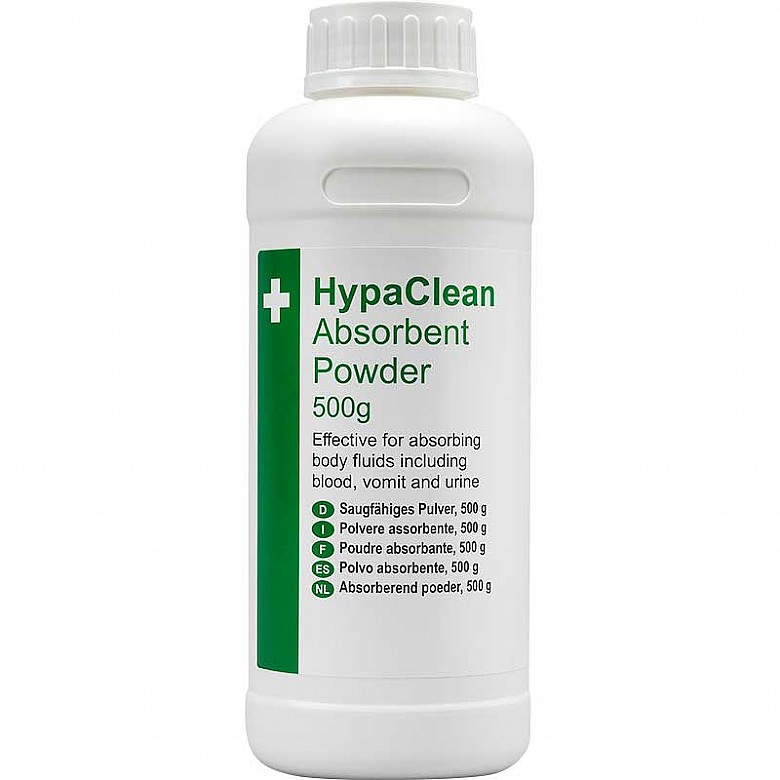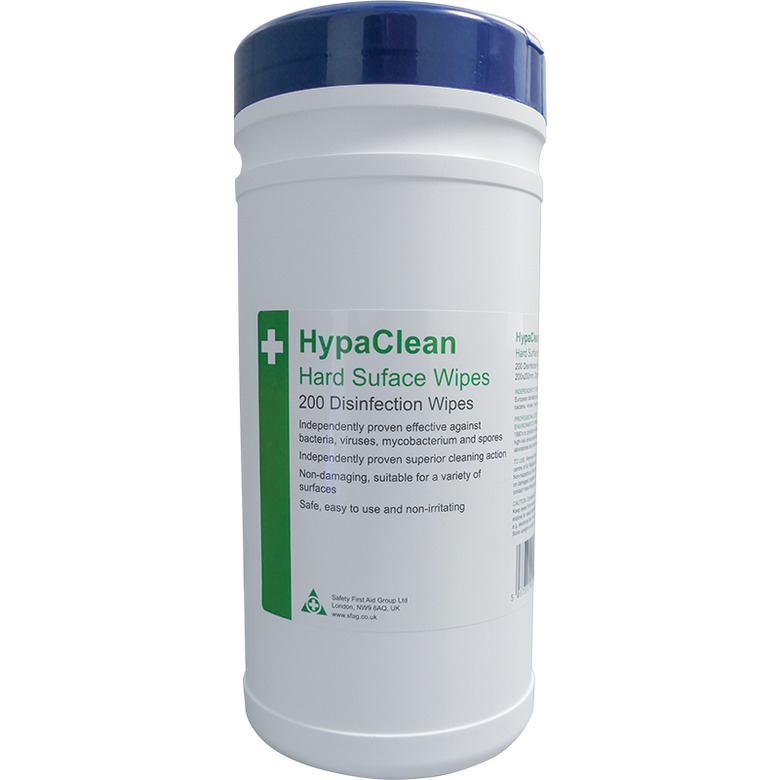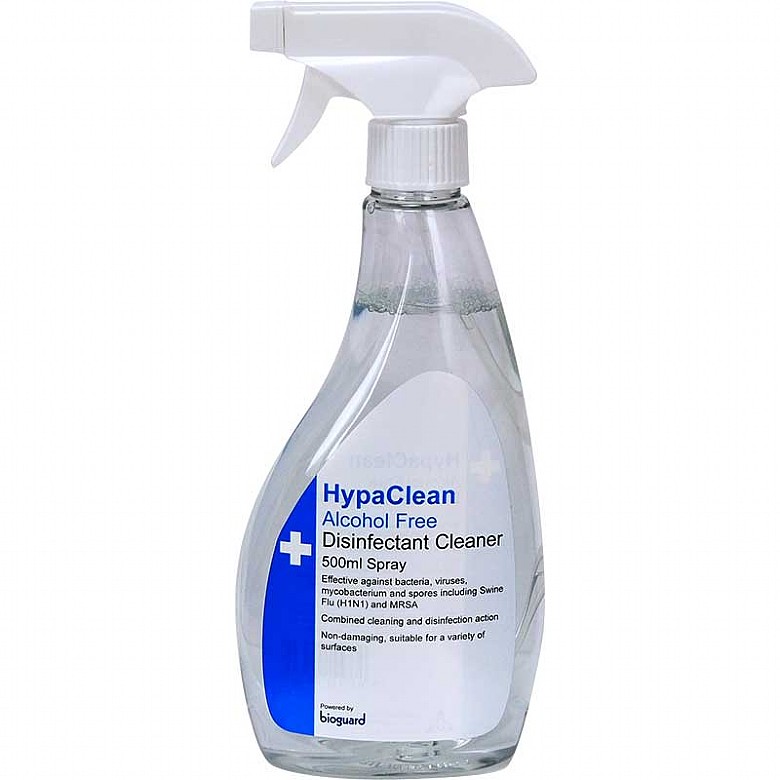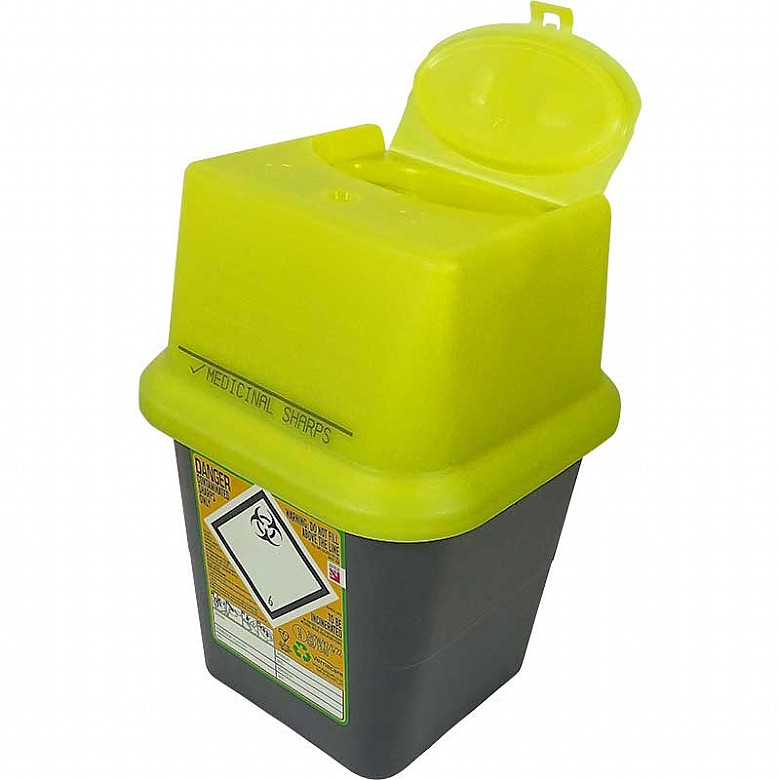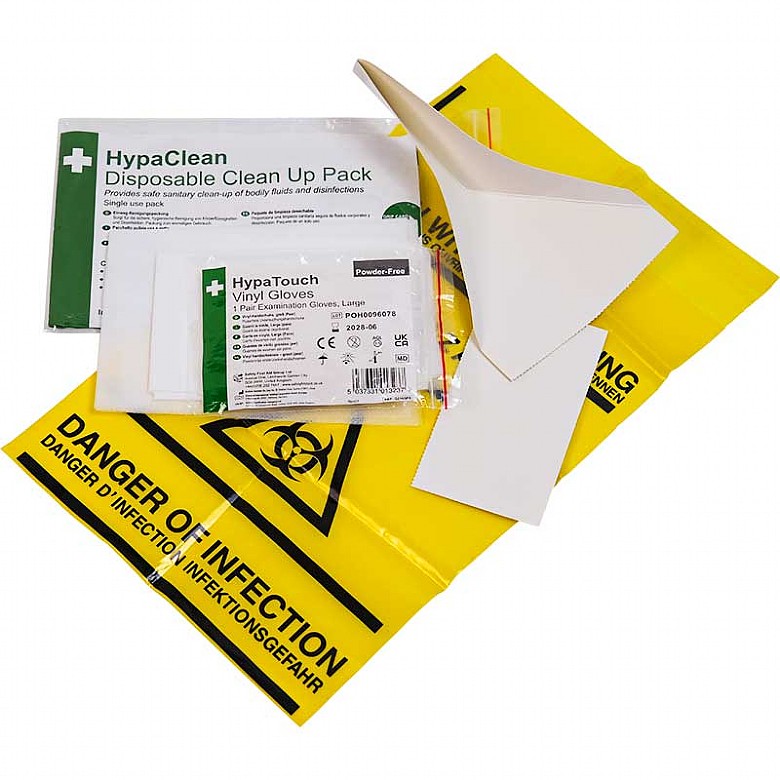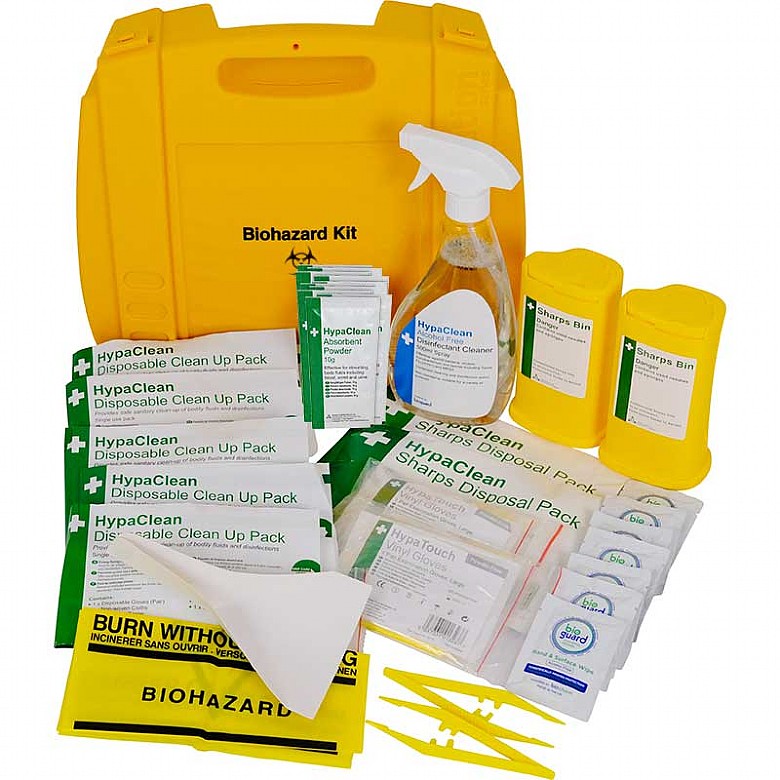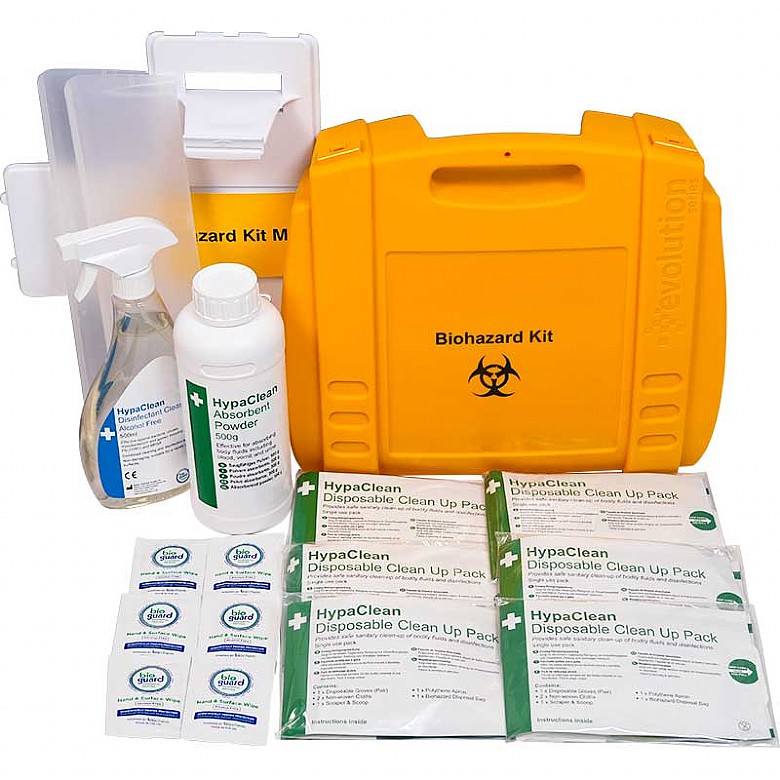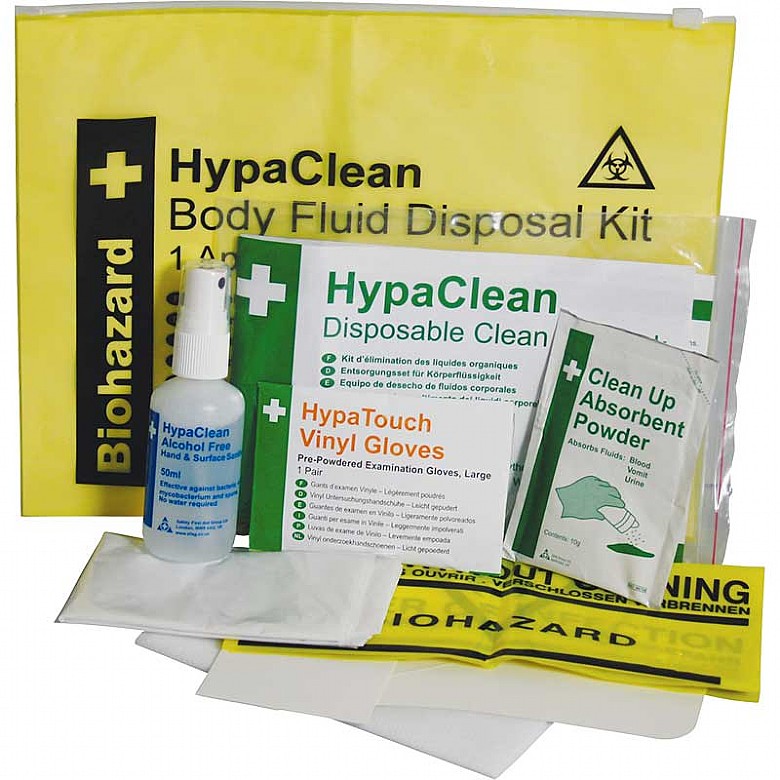
Whenever body fluids like blood, vomit or urine spill in the workplace, extra care must be taken to clean them up safely. This necessitates specialised cleaning equipment and methods of disposal, as body fluids pose a serious health risk to anyone who may come into contact with them.
Body fluids can be a source of infectious micro-organisms, some of which can cause serious and incurable diseases like Hepatitis or HIV. Sharp objects like needles also need to be handled with care for this reason. Read on for guidance on how to handle dangerous body fluid spills in the workplace.
What is classed as bodily fluid?
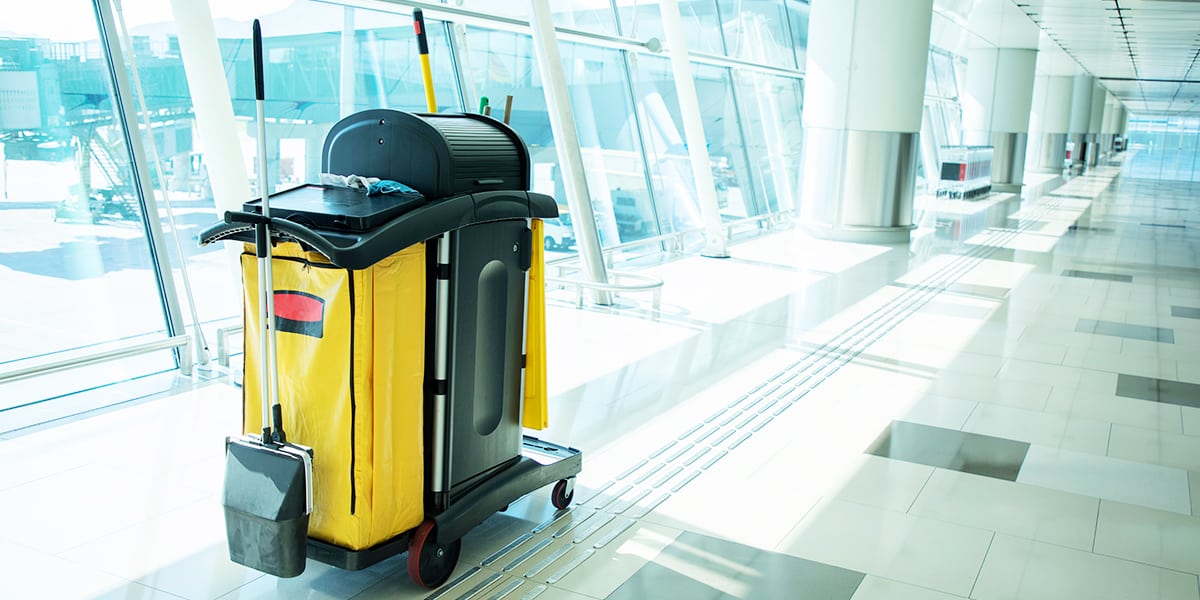
Bodily fluids are, as their name implies, any liquids found within the human body. These fluids can carry bacteria or disease and pose a risk of cross-contamination.
Blood
Blood is one of the most important bodily fluids – it transports oxygen, white blood cells, hormones, glucose, and other essential substances around the body, and carries waste products like carbon dioxide away from cells. If blood spills in your workplace, you risk exposure to blood-borne viruses and infections from other pathogens.Bile
Bile is a dark green or brown liquid produced by the liver and kept in the gallbladder. It is released into the intestines when we eat to break down fats and vitamins for absorption. Bile can carry stomach bacteria and exposure can transfer illnesses through cross-contamination.Mucus
Mucus is a clear liquid that lines the stomach, intestines, lungs, eyes, ears, and the urinary and reproductive tracts. It contains antibodies and antiseptic enzymes that keep the body’s orifices clean but can carry infectious pathogens capable of transferring diseases like the flu.Saliva
Saliva is secreted by the salivary glands in the mouth and contains antibacterial enzymes and antibodies. It also facilitates chewing and digestion by moistening food. Like other body fluids, saliva can carry bacteria that transfer disease.Urine
Urine is produced by the kidneys and stored in the bladder and is the body’s way of getting rid of excess salt, water, and byproducts of protein metabolism. While urine is not typically hazardous, it can contain other pathogen-carrying fluids like blood and should therefore be treated with universal precautions.Vomitus
While vomitus isn’t normally produced by the body like the other fluids listed here, it is still one of the most spilled fluids in the workplace. The fluid is usually acidic and can carry dangerous stomach bacteria and other pathogens.The best way to dispose of bodily fluids and contaminated materials
How to clean body fluid spills
Step 1: Wipe or scoop up the spilled liquid. Excess liquid can be consolidated with absorbent powder, which coagulates liquid into an easily scoopable gel. Use a scraper and scoop to gather the gel.Step 2: Dispose of the spilled liquid into an appropriate container. All body fluids should be put into biohazard disposal bags to keep them separate from general waste.
Step 3: Disinfect the area where body fluids were spilled. Use disinfectant wipes or disinfectant spray to wipe down the area and kill any pathogens that could be left behind after cleanup.
Always wash your hands thoroughly after cleaning and dispose of any PPE used to minimise the risk of cross-contamination.
The importance of body fluid spill kits in the workplace
The tools you need to properly clean body fluids spills in the workplace are all included in a sharps and body fluid disposal kit. If your workplace is at risk of body fluid spills or uses sharps like syringes or lancets, we recommend you keep a spill kit handy.
Read our other blogs for more information on first aid or contact us for further advice and information on our products.
About the author:
Jo Stokes is a writer, marketer and trained first aider at First Aid Online.
Find out more about Jo.
By Jo Stokes
Explore more: Workplace first aid & safety| Product & treatment advice, Useful Information, Infection Control


